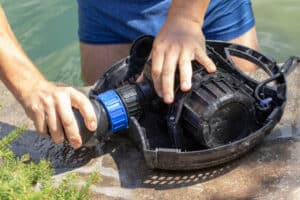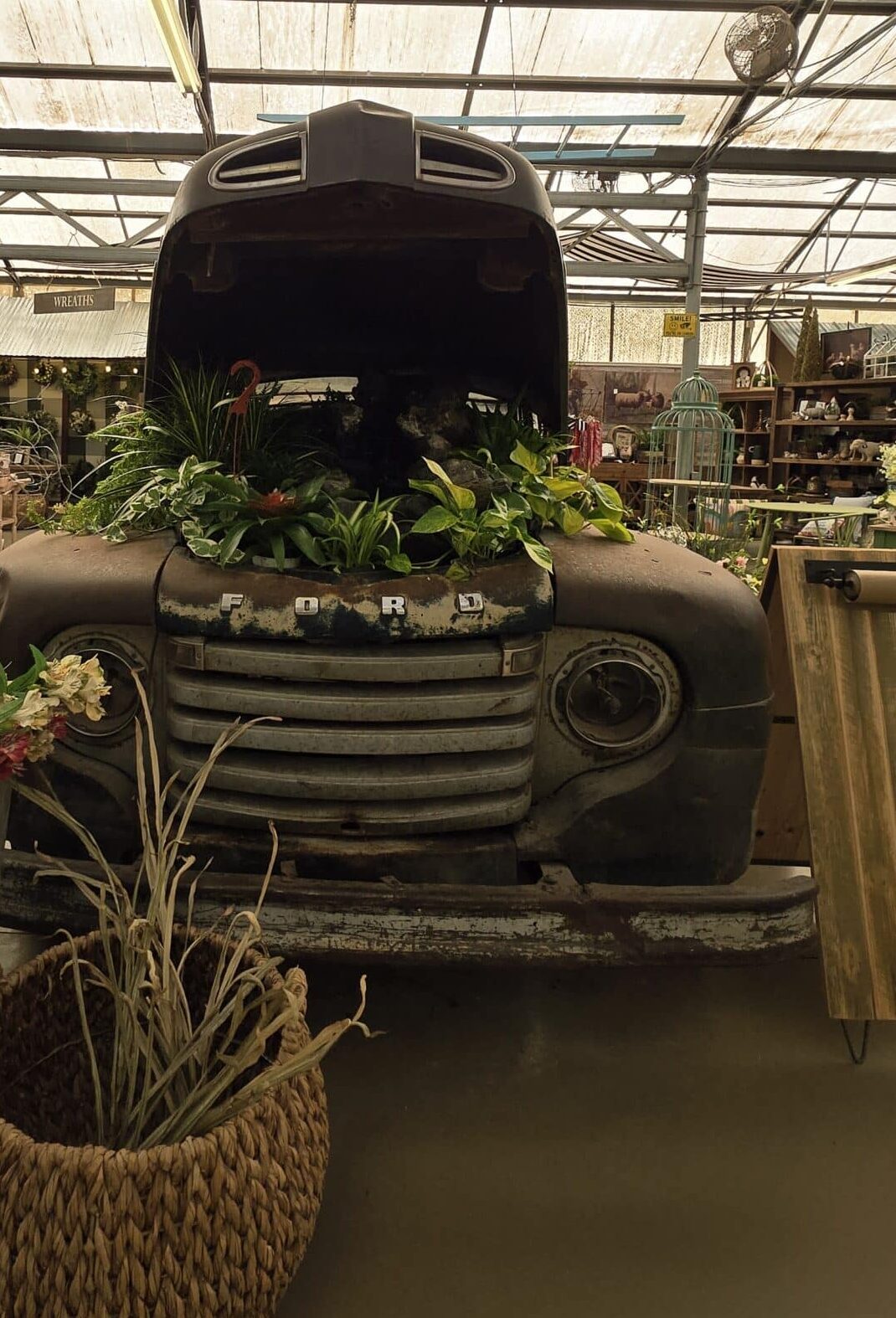Maintaining a thriving garden in Utah can be both rewarding and challenging. With its unique climate and diverse ecosystem, Utah is home to a variety of insects and critters, many of which can wreak havoc on your plants. From aphids damaging your roses to spider mites infesting your vegetables, dealing with garden pests in Utah is a routine part of gardening life.
Fortunately, there are many ways to manage common Utah garden insects while still keeping your plants and the environment safe. This blog will help you identify some of the most prevalent pests in Utah gardens and offer natural pest control solutions to keep your garden healthy and pest-free. At J&J Nursery and Garden Center, we offer a wide range of organic and non-toxic pest control products to help you combat these pesky insects.
Identifying Common Pests in Utah Gardens
Before you can tackle any pest problem, it’s essential to know what you’re dealing with. Below are some of the most common garden pests found in Utah and how to recognize them.
Aphids
These small, pear-shaped insects are notorious garden pests. Aphids can vary in color, from green and yellow to black and gray, making them difficult to spot. They cluster on the undersides of leaves and feed by sucking out plant sap, which leads to distorted leaves, stunted growth, and a sticky residue called honeydew.
Plants they affect: Roses, vegetables, and fruit trees.
Quick tip: Look for ants on your plants; they often farm aphids for honeydew.
Spider Mites
Spider mites are tiny pests that often go unnoticed until significant damage has occurred. They suck chlorophyll from leaves, leaving fine white specks or a silvery appearance. You may also notice fine webbing on plants, a telltale sign of a spider mite infestation.
Plants they affect: Tomatoes, cucumbers, and ornamentals.
Quick tip: Dusty conditions can lead to outbreaks. Keep foliage clean by lightly rinsing plants with water during dry spells.
Tomato Hornworms
Tomato hornworms are large green caterpillars that blend easily into foliage. They can strip a tomato plant of its leaves and even munch on the fruit.
Plants they affect: Tomatoes, peppers, and eggplants.
Quick tip: Look for dark green droppings on leaves and stems as an early sign of their presence.
Earwigs
Often mistaken as harmless, earwigs can become problematic when their populations grow. They have a pair of pincers at the back of their bodies and tend to munch on tender leaves, flowers, and even seedlings.
Plants they affect: Marigolds, corn, and lettuce.
Quick tip: They’re nocturnal, so inspect your garden in the evening for activity.
Whiteflies
Whiteflies are tiny, white-winged insects that flutter around when disturbed. They feed on plant sap and, like aphids, leave behind honeydew which encourages mold growth.
Plants they affect: Herbs, squash, and fruit trees.
Quick tip: Shake your plants gently to see if a small cloud of whiteflies rises up.
Natural Pest Control Methods for Utah Gardens
Rather than jumping straight to chemical pesticides, consider natural pest control options. These methods are not only safer for the environment but also protect pollinators like bees and beneficial insects.
Encourage Beneficial Bugs
Not all bugs are bad for your garden! Ladybugs, lacewings, and parasitic wasps are natural predators of common pests like aphids and whiteflies. Attract these helpful insects by planting flowers like marigolds, dill, and yarrow.
Use Homemade Sprays
Natural sprays can be highly effective against garden pests in Utah. Try these eco-friendly options:
- Neem oil spray: Mix neem oil with water and a small amount of dish soap to control aphids, mites, and other pests.
- Garlic spray: Crush garlic cloves and soak them in water overnight. Spray this mixture to repel a variety of insects.
- Soap spray: Combine one tablespoon of mild dish soap with a quart of water for a simple solution to target soft-bodied pests like aphids and spider mites.
Handpick Larger Pests
For pests like tomato hornworms and earwigs, manual removal is often the best solution. Check plants regularly and remove pests by hand. If the idea of touching bugs isn’t your thing, use gloves or small tongs.
Install Physical Barriers
Row covers, fine netting, and floating garden fabrics can help keep pests away from your plants. Place barriers early in the season to prevent insects from laying eggs directly on your plants.
Maintain a Healthy Garden
A healthy garden is less susceptible to pest infestations. Make sure to:
- Rotate crops yearly to reduce pest buildup.
- Remove weeds and garden debris where pests can hide.
- Water properly to avoid creating overly moist conditions that invite pests.
Use Diatomaceous Earth
Spread food-grade diatomaceous earth around the base of your plants. This natural powder is safe for humans but dehydrates and kills pests like slugs, earwigs, and ants.
The Importance of Early Intervention
Catch pest problems early to minimize damage. Regularly inspect your plants, especially the undersides of leaves, and take immediate action if you notice signs of infestation. Responding early can prevent a minor problem from turning into a full-blown invasion.
Partner with Local Experts for Pest Control Advice
At J&J Nursery and Garden Center in Layton, UT, we’re here to help you enjoy a thriving garden. Whether you need advice on identifying pests, choosing natural pest control methods, or selecting resilient plants, our team has the expertise you need.
Visit or contact us today to explore our selection of plants, gardening tools, and eco-friendly pest control solutions.
By staying proactive and using these tips, you can keep your garden healthy, vibrant, and free from pests all season long.



